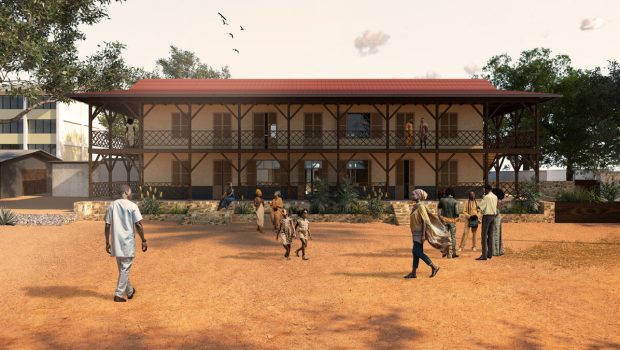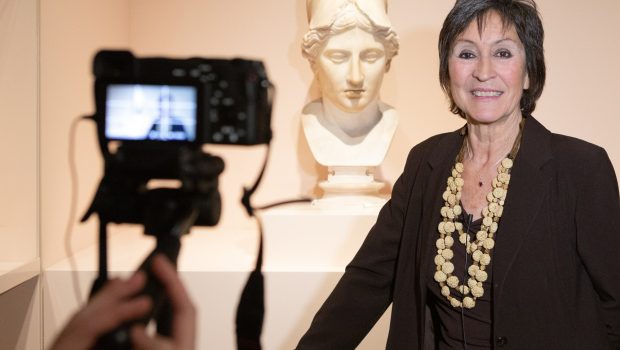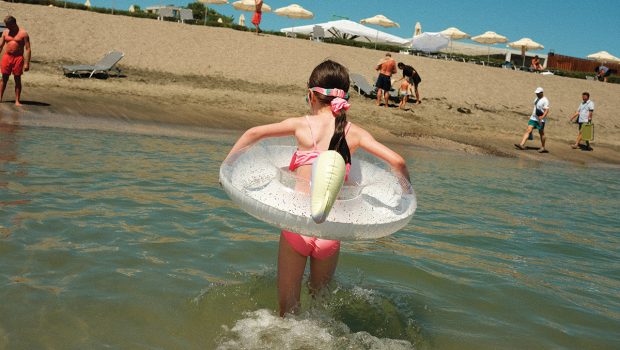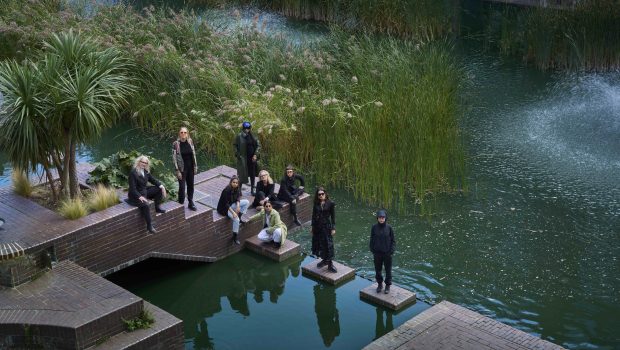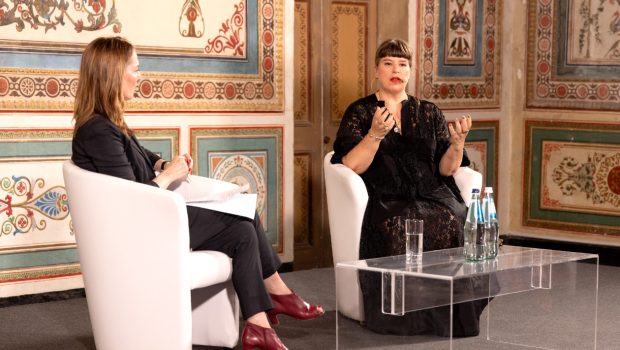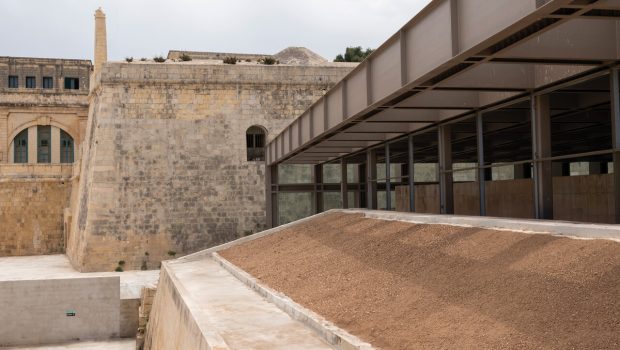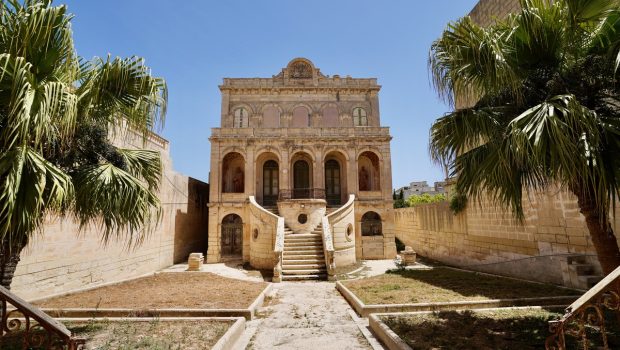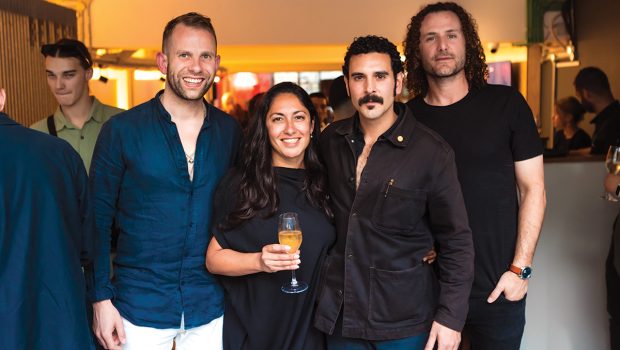2025 Budget response
The Malta Entertainment Industry and Arts Association (MEIA) responds to the 2025 budget, highlighting both concerns and positive developments.
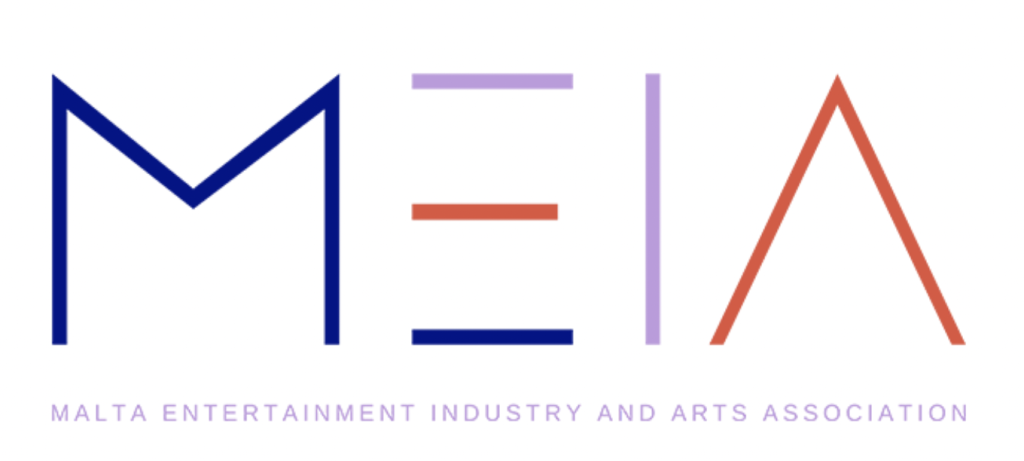
MEIA continues to advocate for a strategic approach that addresses immediate needs while fostering long-term sustainability, which is still lacking in this budget. The association underscores the importance of a holistic integrated vision, emphasising collaboration among various stakeholders and ministries to achieve impactful progress.
Long-term Vision
MEIA emphasises that the budget once again falls short of establishing a comprehensive long-term vision for the creative sector, which should prioritise sustainability and address current instabilities and realities. A thriving creative economy requires more than just investment in temporary projects; it needs holistic support that addresses sector-specific professionalisation needs, affordable infrastructure, and integrated cultural education. Long-term growth should be prioritised through sustainable funding and financial mechanisms that reduce dependency on short-term grants. Sustainable practices, social security, and effective incentives that can provide stability, aligning the creative economy with broader economic and social growth goals.
Public Sector vs. Private Sector
While MEIA acknowledges the significant progress in strengthening the operations and programs of public organisations, alongside investments in infrastructure and cultural heritage, we stress that these efforts have not led to an equitable distribution of resources across the creative sector. This imbalance has resulted in ongoing competition between the public and private sectors, which is compounded by the absence of targeted initiatives to stimulate private-sector growth.
MEIA highlights the critical need to address these disparities, fostering a supportive environment for both sectors to thrive together. Reducing the competitive strain and enable a more collaborative ecosystem. Overall, the disparities between public and private initiatives are still not acknowledged or addressed, MEIA underlines that it is crucial to ensure both sectors can thrive collaboratively.
Funding Increases – Creative Malta and Arts Council
MEIA welcomes the increase in funding to €2 million for Creative Malta, which MEIA, together with the Malta Producers Association (MPA), lobbied for earlier this year. This increase is seen as a step in the right direction, though MEIA insists they are insufficient to meet the demands of the sector and we must see this step as part of a long-term plan and vision.
Even though Arts Council Malta received an increase in this budget, this was not substantial and the distribution of this increase still falls short of recognising urgent needs. Arts Council Malta remains underfunded when compared to the weight it carries. In the budget recommendations MEIA called for a substantial increase in investment for the Arts Support Scheme which caters to various stakeholders in the industry, as well as funding programmes that promote longevity.
Accessibility to Creative Spaces
MEIA highlights an urgent need for incentives to make creative spaces accessible, which were not addressed in the budget recommendations presented by MEIA. High rental costs pose a significant barrier for many artists and organisations, hindering their ability to create. The proposed Marsa Cultural Hub is being proposed by the government as a solution, however this cannot be viewed as the only solution, especially considering that 80% of the area within this facility will be mainly dedicated to the Carnival floats and the long-established needs of the Carnival community; in the meantime, MEIA continues to advocate for immediate measures to address the lack of affordable access to studio and rehearsal spaces for the creative community at large. We need more efficient and immediate solutions.
Research and Tax Considerations
MEIA calls attention to the need for dedicated research funding and implementation to support initiatives such as a Wage Regulation Order for creative workers and the National Screen Policy. The organisation is currently looking to work with the Commissioner for Revenue on a proposed amendment to the workings of the 7% income tax incentive, which was not covered in this budget. MEIA looks forward to further discussions with the Commissioner to explore suggestions for improving this incentive, as these changes could significantly impact the financial sustainability of many in the sector.
MEIA acknowledges the progress made in recent years, however, it is crucial to recognise the realities and daily challenges faced by industry professionals. Many creative professionals juggle multiple jobs to sustain their practices, while others struggle with limited access to production spaces and high costs, all within a competitive private-public sector environment.
MEIA values the ongoing discussions with various ministries and institutions, hoping that these dialogues will lead to actionable outcomes. Nonetheless, much work remains to achieve a more integrated approach that addresses the needs of Malta’s creative and entertainment sectors holistically and across ministries. A truly effective budget must understand the realities faced today while also recognising the missed opportunities.
About MEIA
Established in 2020, the Malta Entertainment Industry and Arts Association (MEIA) stands as a prominent non-profit organisation dedicated to championing the rights, growth, and development of Malta’s vibrant entertainment and arts industry. With a comprehensive approach that includes creators, performers, promoters, producers, suppliers, cultural educators, and technical personnel spanning Music, Theatre, Dance, Film, Visual Arts, and Arts Education, MEIA’s mission is to unite stakeholders within the entertainment industry and cultivate interest across its diverse sectors.


